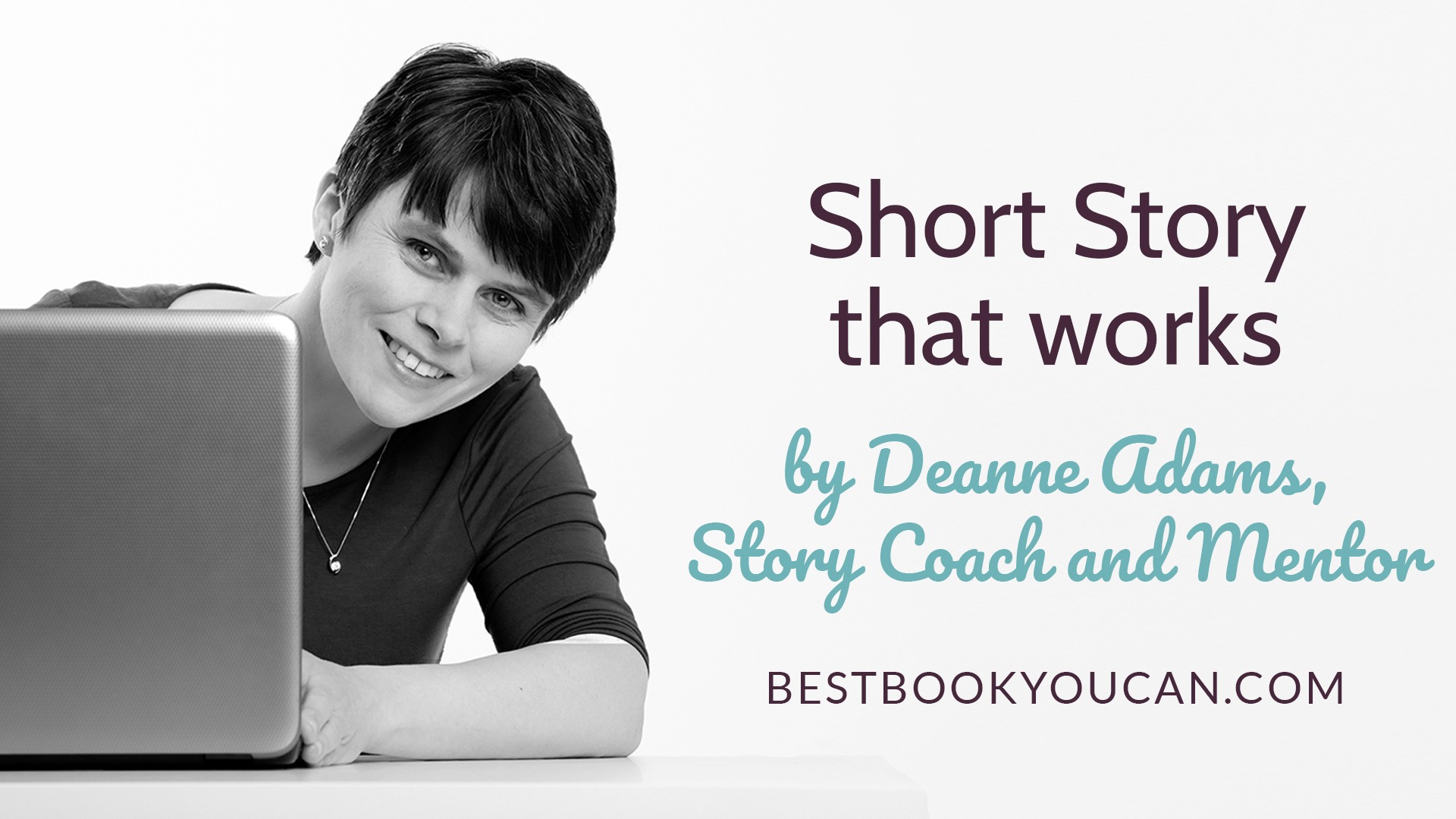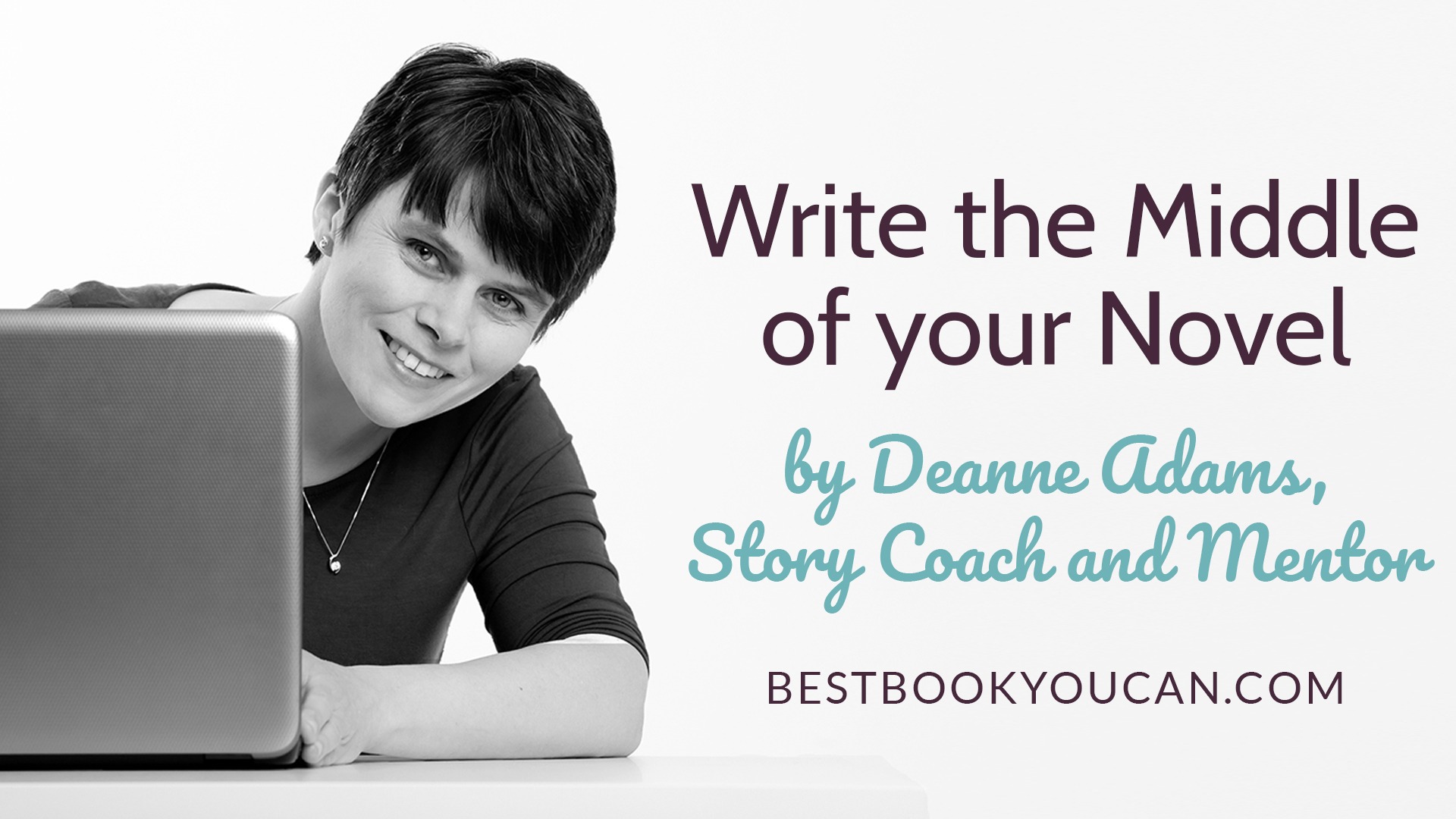Advice for Writers: Show don’t Tell
The advice writers are most often given is ‘show don’t tell’. In Facebook writing groups, critique groups, writers’ circles, creative writing workshops, the mantra is ‘show don’t tell’.
What does it even mean? What are you supposed to achieve with that?
It sounds confusing. It sounds like you’re meant to draw pictures for your readers rather than write them a story.
What Does Show Don’t Tell Mean In Writing?
In a way, that’s exactly what you want to do for your readers. You need to draw mental pictures of what’s happening in your story for the people reading it.
You want to write a story in a way that your readers can imagine what is happening as if they are there themselves. Write the story so that your readers can suspend their disbelief and pretend that the story is happening around them, maybe even happening to them.

Creating a world of story
I remember when I was a child visiting my grandparents. My grandfather was a reader of crime novels, war stories and spy thrillers. Every week, he would visit the public library and take out another two or three books.
I watched him reading them. I would try to guess what exciting things must be happening in the story. I always knew when he was in the middle of a dangerous bit because of his physical reactions. His legs twitched and jumped as if he were running away from an enemy soldier or spy. His fingers ran along the edges of the pages almost like he was grabbing for a gun.
He enjoyed the thrill of those stories. He felt the excitement as if the events were real. He felt it physically.
The writers he enjoyed most were those who drew pictures for him so that he could see, hear, feel, smell and even taste what the characters were experiencing. They didn’t go in for long descriptions of scenery or detailed character sketches. Those writers created a world of story and dumped my grandfather into that world unceremoniously.
Those writers focused on the experience of the characters in the story, how it made them feel, and what they were struggling to achieve, and made it become real.
Writers who ‘show don’t tell’
That’s what writers who ‘show don’t tell’ are trying to achieve. A good writer will get out of their own way and stop dictating facts to their readers. They won’t tell their readers what they are supposed to think. Not directly. A good writer will show their readers the world from the point of view of their characters. Then they let their readers experience the events along with the characters.
It’s like living another person’s life. Even sat in your armchair in front of the fire, just like my grandfather did, you can go anywhere, do anything, be anyone. You can be James Bond. You can catch that spy and hunt down the criminal mastermind.
As a reader, you know that. You’ve had that experience yourself, whatever genre you read. As a writer, it’s your job to give that gift to your own readers.
I can help you start doing that exact thing. Access my FREE workbook to help you learn the difference between showing and telling in your writing…

DEANNE ADAMS - STORY COACH AND MENTOR
I care passionately about words and stories. As a Story Coach and Mentor, I help writers to tell irresistible stories. I offer courses, memberships and programmes to suit beginners, developing writers and those ready to become the writer they've been trying to be for years.
Learn how to 'Show more than you tell' in your writing with my free workbook - your guide to an engaging storytelling style. You can also follow me on Facebook or join my Patreon for more tips to support your writing journey.






0 Comments